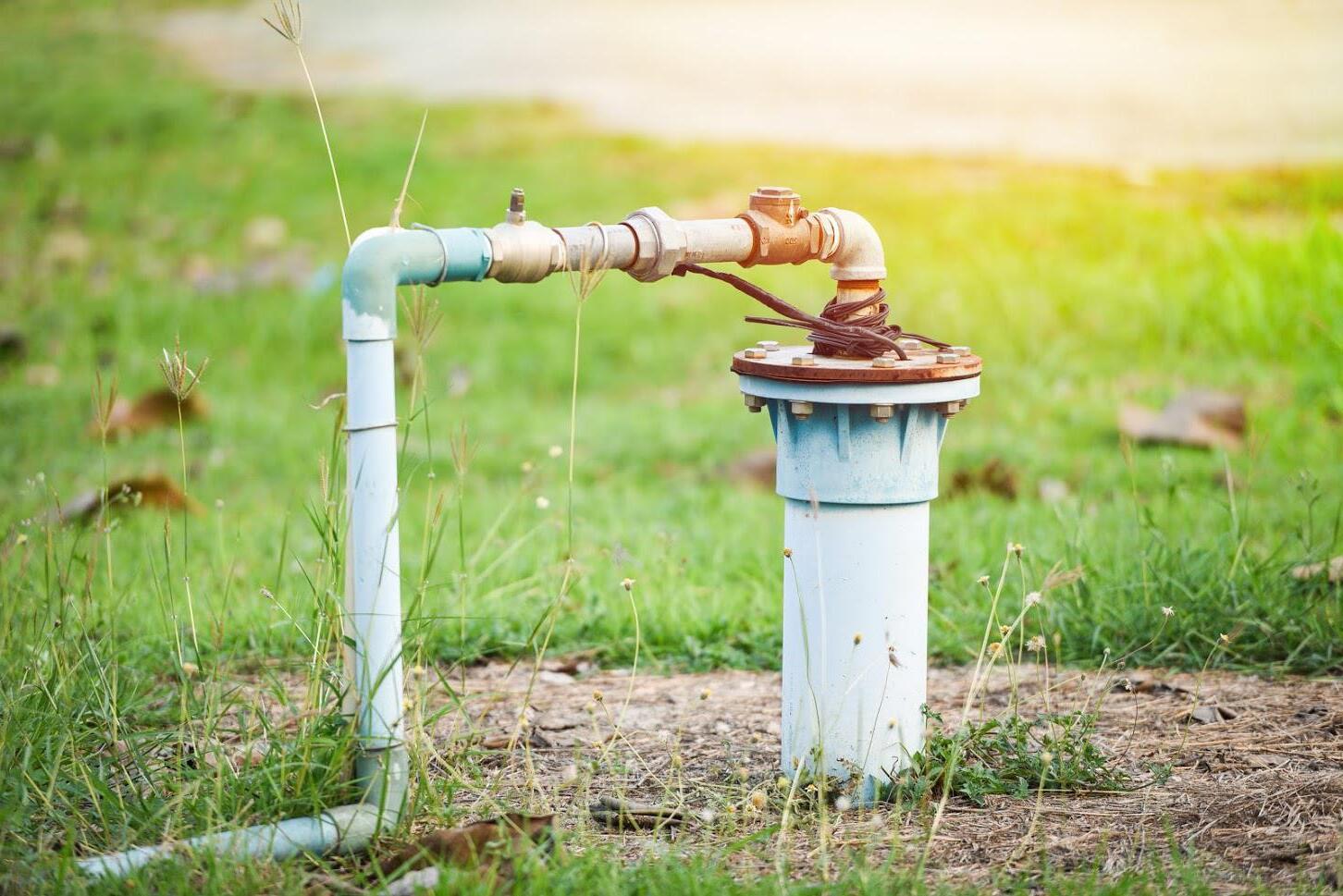
Is well water safe to drink? Absolutely, but it depends on several factors. Well water can be a fantastic source of fresh, clean water, but it requires regular testing and maintenance. Unlike municipal water, which is treated and monitored by local authorities, well water is the responsibility of the homeowner. This means you need to be vigilant about potential contaminants like bacteria, nitrates, and heavy metals. Regular testing ensures your water remains safe and healthy. Plus, understanding the geology of your area can help you anticipate any issues. In this post, we'll explore 15 essential facts about well water to help you keep your supply safe and clean.
What is Well Water?
Well water comes from underground aquifers, which are layers of water-bearing rock or sediment. People often use wells to access this natural resource. Here are some intriguing facts about well water.
How Well Water is Accessed
Accessing well water involves drilling into the ground to reach the aquifer. This process can vary in complexity and depth.
-
Wells can be shallow or deep. Shallow wells are less than 50 feet deep, while deep wells can go down several hundred feet. The depth affects water quality and quantity.
-
Three main types of wells exist. Dug, driven, and drilled wells are the primary types. Dug wells are the oldest, driven wells are common in sandy areas, and drilled wells are the most modern and reliable.
-
Well water is drawn using pumps. Hand pumps, jet pumps, and submersible pumps are common. Submersible pumps are efficient for deep wells, while hand pumps are simpler and used for shallow wells.
Quality of Well Water
The quality of well water can vary greatly depending on several factors, including location and depth.
-
Well water often contains minerals. Calcium, magnesium, and iron are common. These minerals can affect taste and may require treatment.
-
Contaminants can be a concern. Bacteria, nitrates, and heavy metals can contaminate well water. Regular testing is essential to ensure safety.
-
Well water is usually free of chlorine. Unlike municipal water, well water typically doesn't contain chlorine, which some people prefer for taste and health reasons.
Benefits of Using Well Water
Many people choose well water for its various benefits, from cost savings to environmental impact.
-
Well water is cost-effective. Once a well is drilled, the ongoing cost is minimal compared to municipal water bills.
-
It's a sustainable resource. Using well water reduces reliance on public water systems and can be more environmentally friendly.
-
Well water can be healthier. Without added chemicals like fluoride and chlorine, some believe well water is a healthier option.
Challenges of Well Water
Despite its benefits, well water comes with its own set of challenges that users must manage.
-
Maintenance is crucial. Regular testing and maintenance are necessary to ensure water quality and system functionality.
-
Droughts can affect supply. In times of drought, the water table can drop, making it harder to access well water.
-
Initial costs can be high. Drilling a well and installing a pump system can be expensive, though it's a one-time cost.
Interesting Facts About Well Water
Here are some additional fascinating tidbits about well water that you might not know.
-
Ancient wells date back thousands of years. The oldest known wells are over 8,000 years old, showing humanity's long reliance on groundwater.
-
Well water can have a unique taste. The minerals and natural filtration process can give well water a distinct, often preferred, taste.
-
Some wells never run dry. With proper management and favorable conditions, some wells can provide water indefinitely.
Final Thoughts on Well Water
Well water offers a unique blend of benefits and challenges. It's often rich in minerals like calcium and magnesium, which can be great for health but might cause hard water issues. Regular testing is crucial to ensure safety, as contaminants like bacteria and nitrates can sneak in. Unlike municipal water, well water isn't treated with chemicals like chlorine, making it a more natural option. However, this also means homeowners bear the responsibility for maintenance and filtration. Geography plays a big role in water quality, so local conditions matter. Cost-effective in the long run, wells can save money on water bills but might require upfront investment for drilling and equipment. Understanding these facts helps in making informed decisions about using well water. It's a resource that, with proper care, can provide clean, refreshing water for years.
Was this page helpful?
Our commitment to delivering trustworthy and engaging content is at the heart of what we do. Each fact on our site is contributed by real users like you, bringing a wealth of diverse insights and information. To ensure the highest standards of accuracy and reliability, our dedicated editors meticulously review each submission. This process guarantees that the facts we share are not only fascinating but also credible. Trust in our commitment to quality and authenticity as you explore and learn with us.


